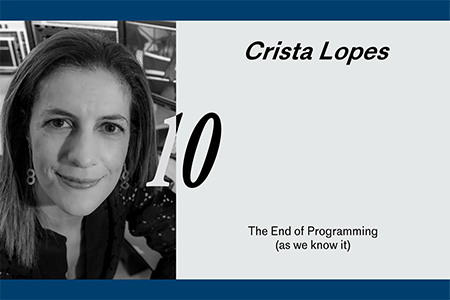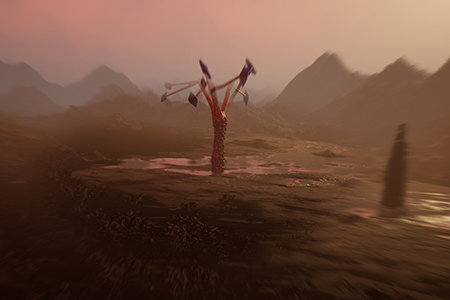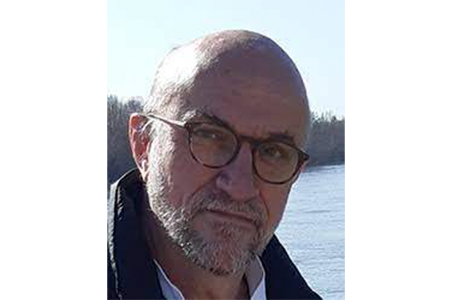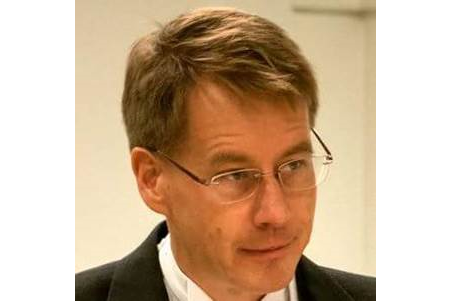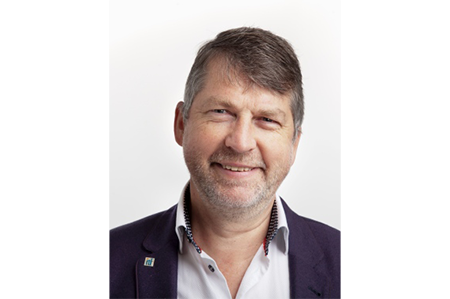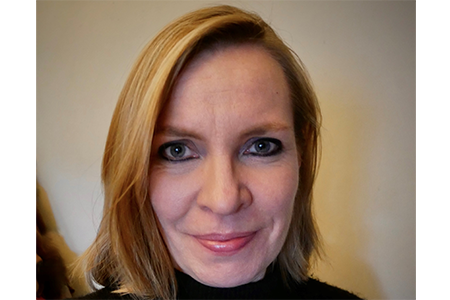“At the intersection of job quality and innovation” will be presented on Wednesday, April the 12th, at 14:30, room B021, moderated by Prof. António Coelho from DEI.
By the author:
“The link between innovation and job quality is increasingly elaborated in empirical studies (Duhautois, et al. 2020; Laursen & Foss 2014; Mathieu & Boethius 2021, 2022; Muñoz de Bustillo, et al. 2022). Job quality has been found to be linked to both the generation of innovations as well as the implementation of externally generated innovations at the workplace level. This presentation examines the mechanisms and cumulative factors behind these processes drawing primarily from a Horizon 2020 project (quinne.eu) examining the generative relationship between job quality and innovation in nine industries, from computer games to healthcare, across the EU (Mathieu & Boethius 2021, 2022).”
Chris Mathieu is a sociologist of work and organization at the Department of Sociology, Lund University. From 2003-2014 he was at the Department of Organisation, Copenhagen Business School. His primary field of research is the organization and quality of working life. From 2015-2018 he was coordinator of the Horizon 2020 project QuInnE (quinne.eu) – Quality of Jobs and innovation Generated Employment Outcomes. In this project he was responsible for studies of innovation and work in the computer games industry and specialist healthcare. He was editor of the Oxford Handbook of Job Quality (OUP, 2022) with Chris Warhurst and Rachel Dwyer. In addition to innovation, job quality and employment issues, he has also published widely on specialist surgical training, gender in organisations, and cultural policy and production, especially inter-occupational collaboration and career in the film industry (see Mathieu & Visanich (2022) Accomplishing Cultural Policy in Europe: Financing, Governance and Responsiveness; Mathieu (2012) Careers in Creative Industries, Routledge).

